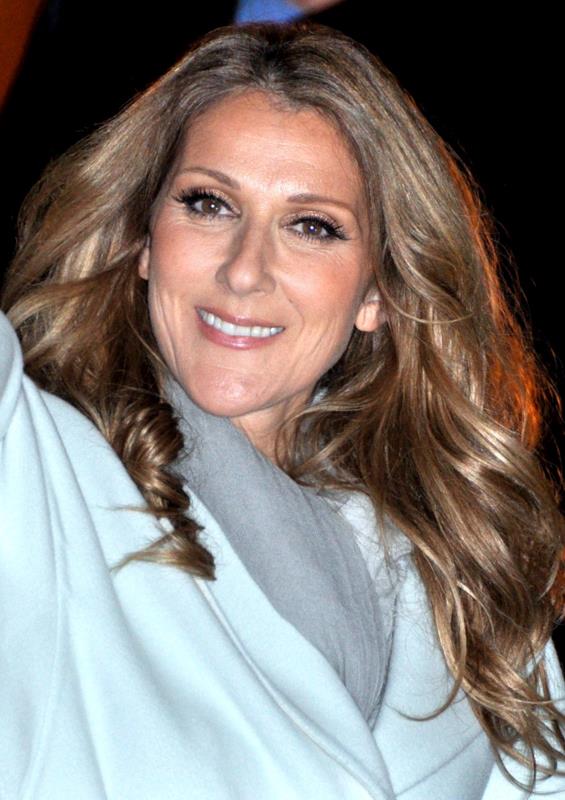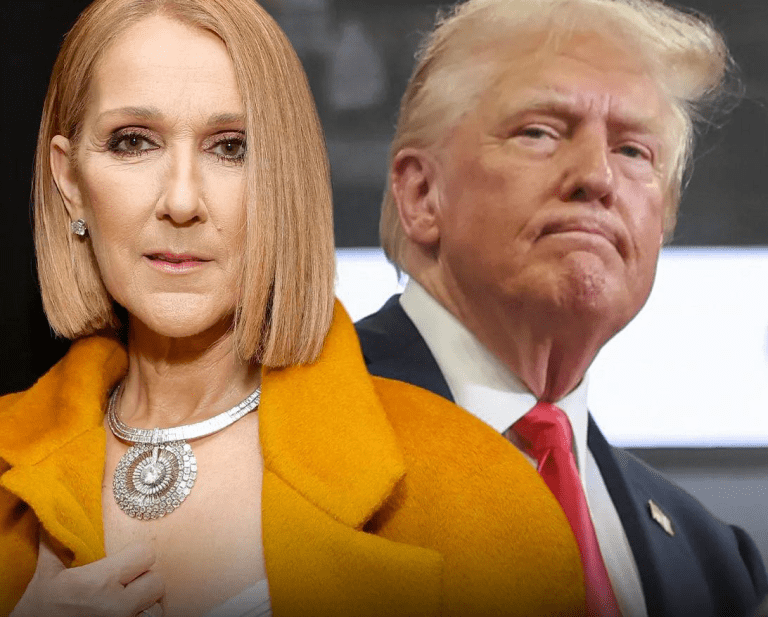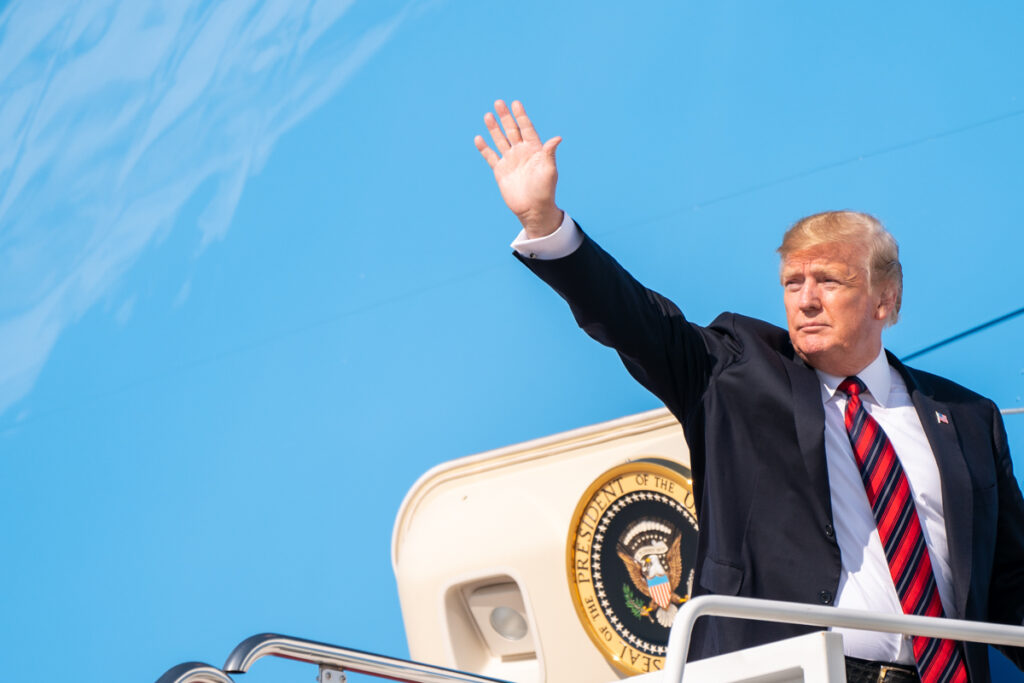Celine Dion Calls Out Trump For Using Her Song
In the high-stakes world of politics, where the airwaves are constantly bombarded with campaign speeches and rally soundtracks, one iconic voice has risen up to challenge the status quo. Celine Dion, the legendary singer-songwriter known for her powerful ballads and unwavering stage presence, has drawn a line in the sand, refusing to let former President Donald Trump use her music without her consent.
As a seasoned SEO expert and high-end copywriter, I’ve had the privilege of crafting content that captivates audiences and helps brands stand out in a crowded digital landscape. But this particular story has captured my attention like few others, pitting the undeniable talent of a musical icon against the political maneuverings of a controversial public figure.

In the following article, we’ll delve into the details of this epic showdown, exploring the implications of Celine Dion’s bold move and the broader implications for the intersection of politics and pop culture. Strap in, because this is a tale you won’t want to miss.
It all began with a rally in Montana, where Donald Trump and his running mate, J.D. Vance, decided to incorporate a rather unusual element into their pre-speech playlist – a video of Celine Dion performing the iconic theme song from the blockbuster film “Titanic,” “My Heart Will Go On.”
To the casual observer, this choice might have seemed like a nod to the singer’s enduring popularity and the emotional power of her music. But for Celine Dion and her management team, it was a blatant disregard for her artistic integrity and a clear violation of her intellectual property rights.
In a statement released shortly after the rally, Dion’s representatives made it abundantly clear that the use of her music was not authorized, nor did the former president have permission to incorporate it into his political campaign. The statement also posed a pointed question, wondering aloud why Trump would choose to feature this particular song in the first place.
Celine Dion’s response to this unauthorized use of her music was swift and unapologetic. Rather than remaining silent or allowing the incident to fade into the background, the singer-songwriter took a firm stance, making it clear that she would not tolerate the appropriation of her work for political gain.
In her statement, Dion declared that the use of “My Heart Will Go On” would come to an end, sending a strong message to Trump and his team that they had overstepped their bounds. This bold move not only demonstrated Dion’s unwavering commitment to protecting her artistic legacy but also highlighted the broader issue of politicians using copyrighted material without the creator’s consent.
Celine Dion’s stand against Trump’s unauthorized use of her music is part of a larger trend in the world of politics, where celebrities and public figures are increasingly asserting their rights and refusing to be used as political pawns.

Source: Flickr
In recent years, we’ve seen a growing number of artists, musicians, and Hollywood icons push back against the co-option of their work by political candidates and campaigns. From the Rolling Stones demanding that Trump stop using their songs to Rihanna calling out the former president for using her music at a rally, the message is clear: celebrities will not stand idly by while their art is exploited for partisan purposes.
This trend speaks to a deeper shift in the cultural landscape, where the lines between entertainment, celebrity, and politics have become increasingly blurred. As the public grows more discerning and aware of the power dynamics at play, the demand for authenticity and respect for artistic integrity has become more pronounced.
As we’ve seen in the case of Celine Dion and her clash with Donald Trump, navigating the intersection of politics and pop culture can be a delicate and often contentious endeavor. Political candidates must walk a fine line, respecting the intellectual property rights of artists while also engaging with the broader cultural zeitgeist to connect with their constituents.

For Dion and other high-profile artists, the challenge lies in asserting their creative autonomy and protecting their work from unauthorized use, all while maintaining a productive dialogue with the political sphere. This balancing act requires a nuanced understanding of the legal framework surrounding copyright and intellectual property, as well as a keen awareness of the evolving sensibilities of the public.
Celine Dion’s bold stance against Donald Trump’s unauthorized use of her music has sent shockwaves through the political landscape, underscoring the importance of respecting the rights of artists and the power of celebrity voices to shape the public discourse.
As we move forward, it will be interesting to see how other musicians, actors, and cultural influencers respond to similar attempts at political co-option. Will they follow in Dion’s footsteps, leveraging their platforms to assert their creative autonomy and demand accountability from political figures? Or will the lure of exposure and potential political influence continue to sway some to acquiesce to the demands of those in power?
Ultimately, this saga serves as a stark reminder that the world of politics and pop culture is a constantly evolving tapestry, where the threads of artistic expression, intellectual property, and civic engagement are intricately woven. And as Celine Dion has shown us, when those threads are pulled, the reverberations can be felt far and wide.

